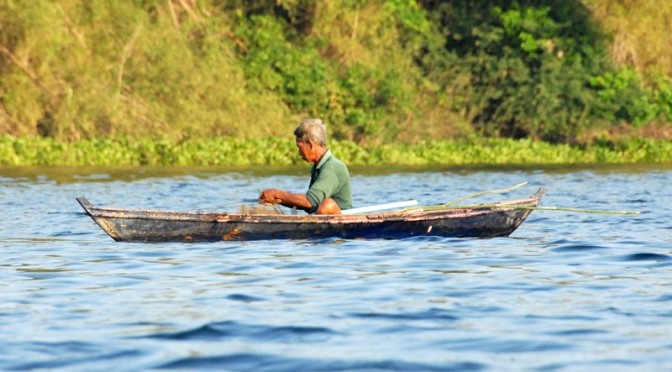Oral histories are essential because they allow participants an opportunity to engage their social memory and impart their own individual testimony to important local events, people, and places. Their willingness to share opens a dialogue between the past and present and between the private and the public. Such oral sources deepen our knowledge of the process of and profound need for oral histories as records of the past. It is a necessary approach to cross-cultural understanding and a complimentary component to historical research and scholarship. Indeed, storytelling proves invaluable in comprehending the events and actions that aid an individual’s or a group’s ability to adapt and adjust to new cultural settings, and to survive hardships of loss, displacement, and social injustices. Helping the public understand the value of unique oral histories will protect the past for future generations.
